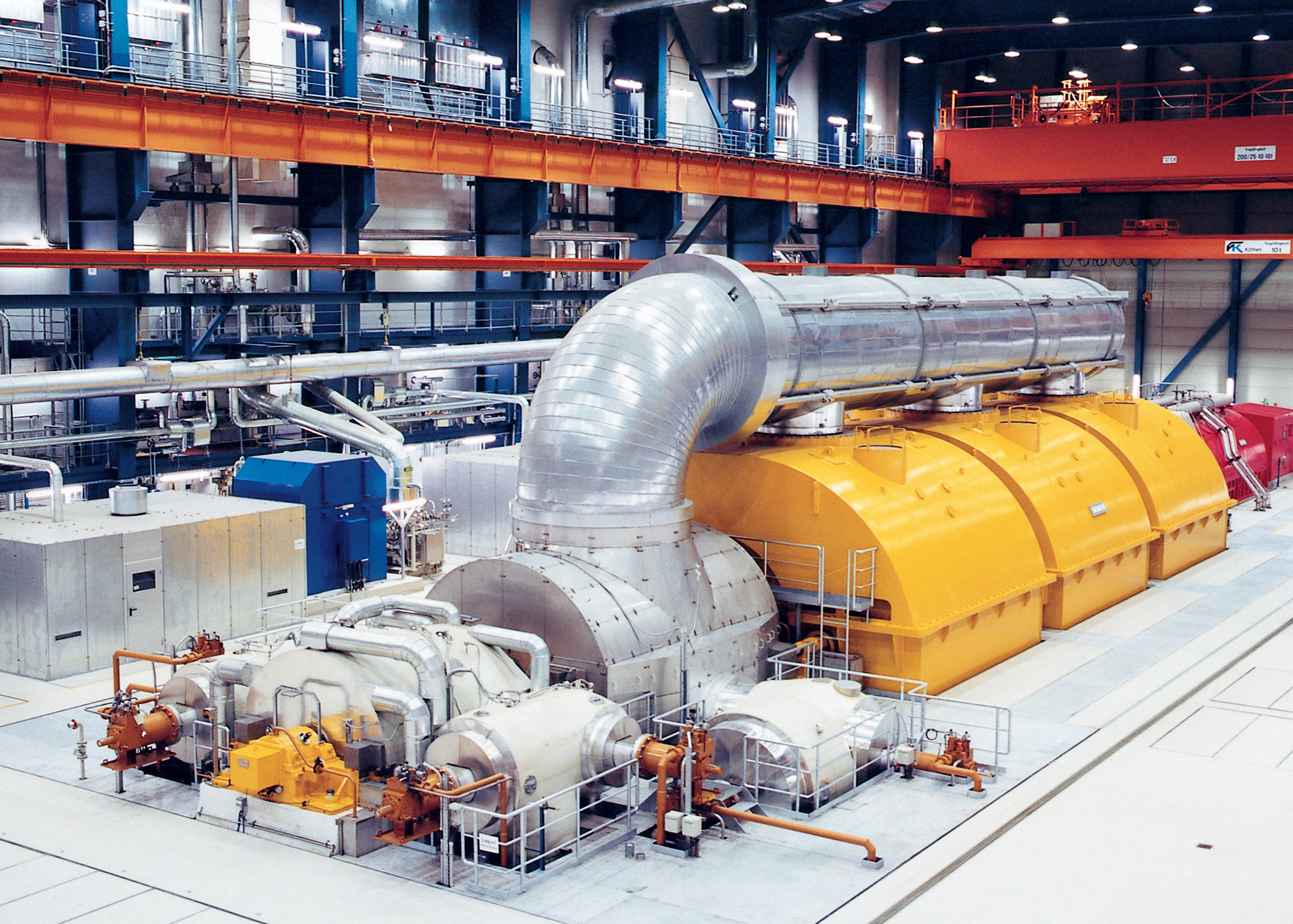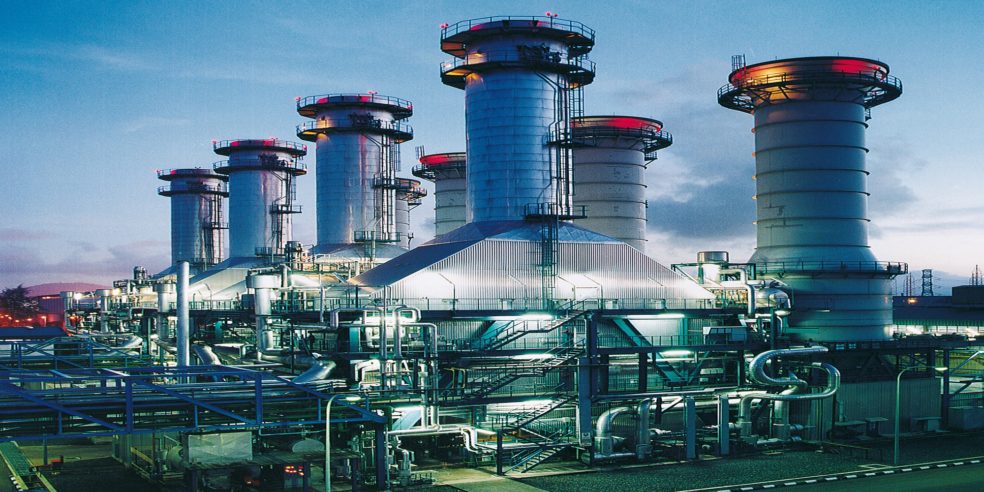The availability of power is an unavoidable catalyst to boost industrial activities for economic development.Nigeria’s electricity supply is dismal owing to institutional, legal, regulatory, gas pipeline vandalism and capital challenges.
Despite having a gas reserve of over 190 Trillion Cubic Feet (TCF) with a proven reserve of 187 TCF, the abysmal generation of less than 4,000 megawatts (MW) of electricity hardly suffices for energy requirements.
For example, in spite of being classified as one of the cheapest sources of energy in Nigeria, a significant part of the gas extracted from oil exploration is still flared, completely wasted and polluting the environment causing environmental degradation.
Also, even the gas that managed to find its way into the pipelines, the Niger Delta militants would ensure that large portion of it is wasted through vandalism.Burdened by these challenges, stakeholders such as Minister of State for Petroleum Resources, Dr. Ibe Kachikwu, Minister of Power, Works and Housing, Babatunde Fashola and Acting Managing Director, Niger Delta Power Holding Company, Chiedu Ugbo, believed that both the Federal Government and stakeholders have roles to play to ensure adequate utilisation of gas in the power sector.
Speaking on the need to stop pipeline vandalism, Kachikwu said: “I am as passionate as the militants are on issues concerning the Niger Delta. But whatever message they want to convey, they must stop destroying pipelines and use the same level of aggression used to destroy the pipelines to the negotiating table.”Kachikwu said that the government is in the process of finalising and gazetting four new policies in the sector by October this year.
He identified the four policies to include: National Oil Policy, National Gas Policy, Downstream Policy and Fiscal Reform Policy.“We need to complete these between now and October, but the problem is bureaucracy. So, how do we go to the National Assembly to get the permission for the urgency,” he added.
Kachikwu said the gas policy, for instance, would “unlock the gas potential; ensure effective development of the Nigerian gas market with adequate and sustainable gas supply to the power and industrial sectors; transit from gas flare penalty regime to flare commercialisation and shift focus from government-built to investor-built infrastructure.

Fashola on his part, said that Nigeria required more than gas alone to bring constant power supply to the country.Fashola, said: “It is not gas alone that will allow us to achieve incremental power.“It is our most reliable source of power, yes, but it is only one solution among many other underutilised solutions.
“Mambila Power Station, for example, is likely to be our most defining in the road to incremental power, situated in Taraba State. It will potentially add 3,000MW to the grid and yet this is a hydro-electric project, not gas.
Ugbo listed obstacles to regular electricity in Nigeria to include transmission challenges, lack of robust mechanism for payment for gas, allocation of marginal field and lack of access to gas by power plants.Dwelling on the issue of vandalism, Ugbo said the activities of militants in the Niger Delta are critical to gas infrastructure and have cut power generation to less than 2000MW
According to him, the cost of fixing these vandalised pipelines is enormous and this constitutes a primary threat to the gas-to-power initiative and power generation with obvious implication for the Nigerian economy.
He noted that while there has been emphasis on the need to add more power to the grid, the existing transmission infrastructure is not robust enough to wheel the generated power.This, he added, has resulted in frequent system collapse of the grid and constitutes a disincentive to Gas-To-Power initiative. This singular constraint is hindering the generating plants from operating at optimum capacity.
He stated: “Enormous resources are often expended in developing gas fields and the associated transportation infrastructure to deliver gas molecules for power generation. There is a need for guaranteed payment for gas to ensure recovery of capital invested and return on investment. Also, given the poor payment history of the power industry, securitisation of the Gas Sales Agreement payments has been a huge challenge for consummating commercial transactions and achieving financial closure for projects that require drilling, gas processing and construction of pipelines.”
Source: www.guardian.ng

